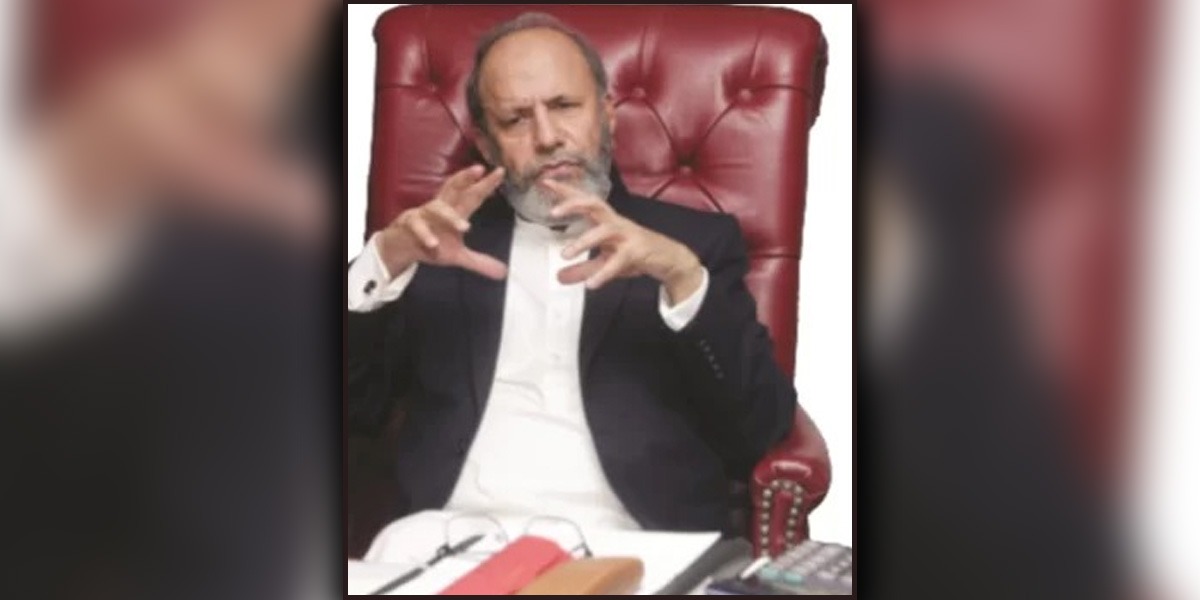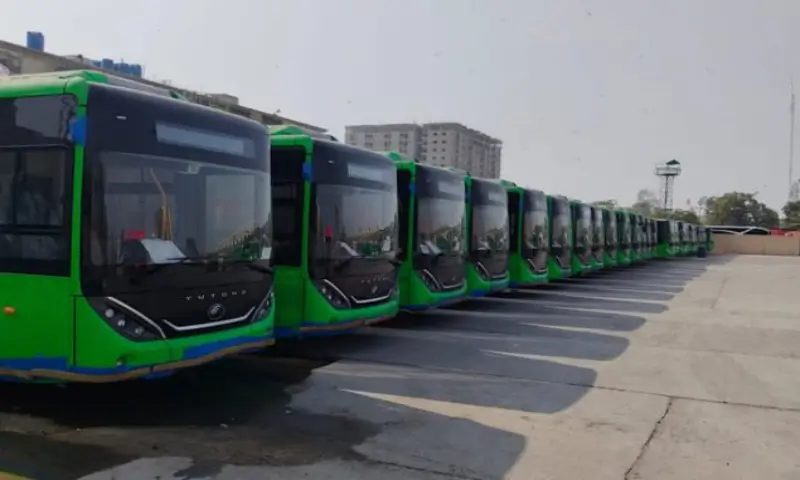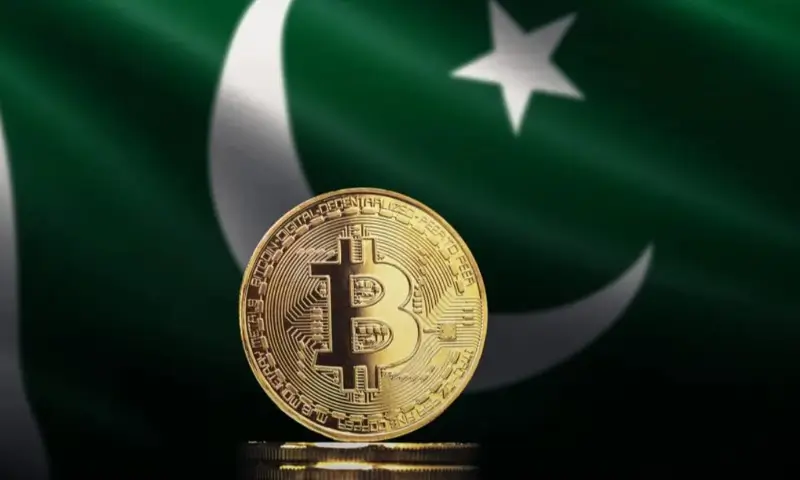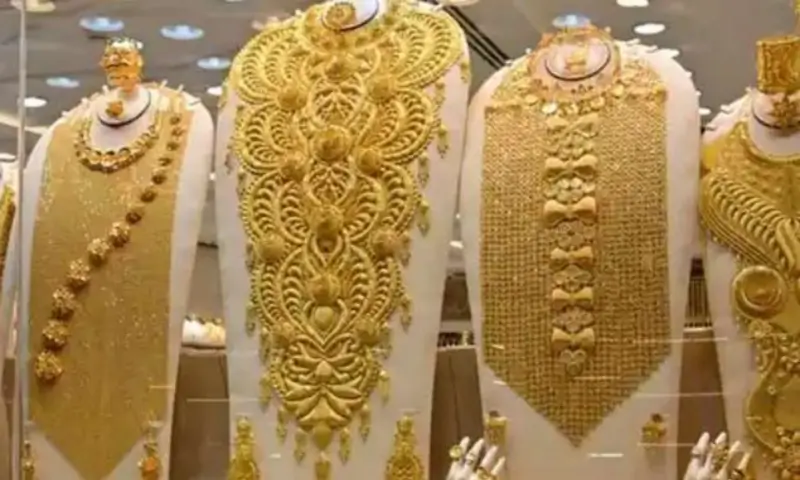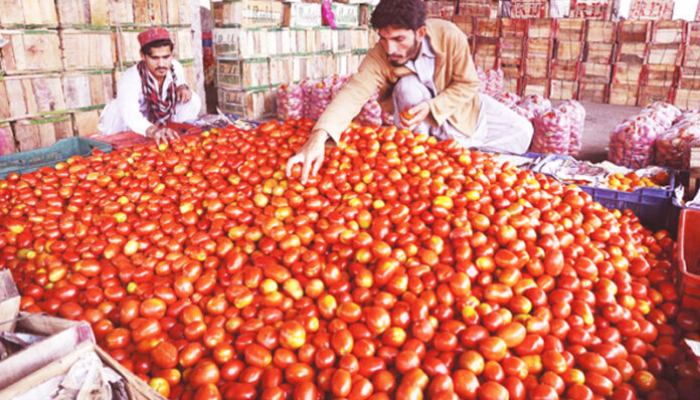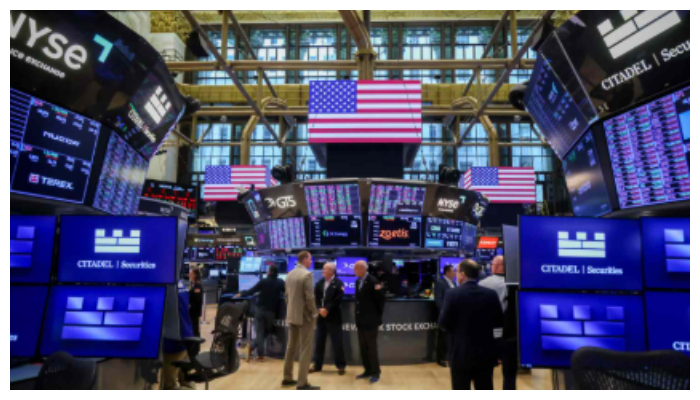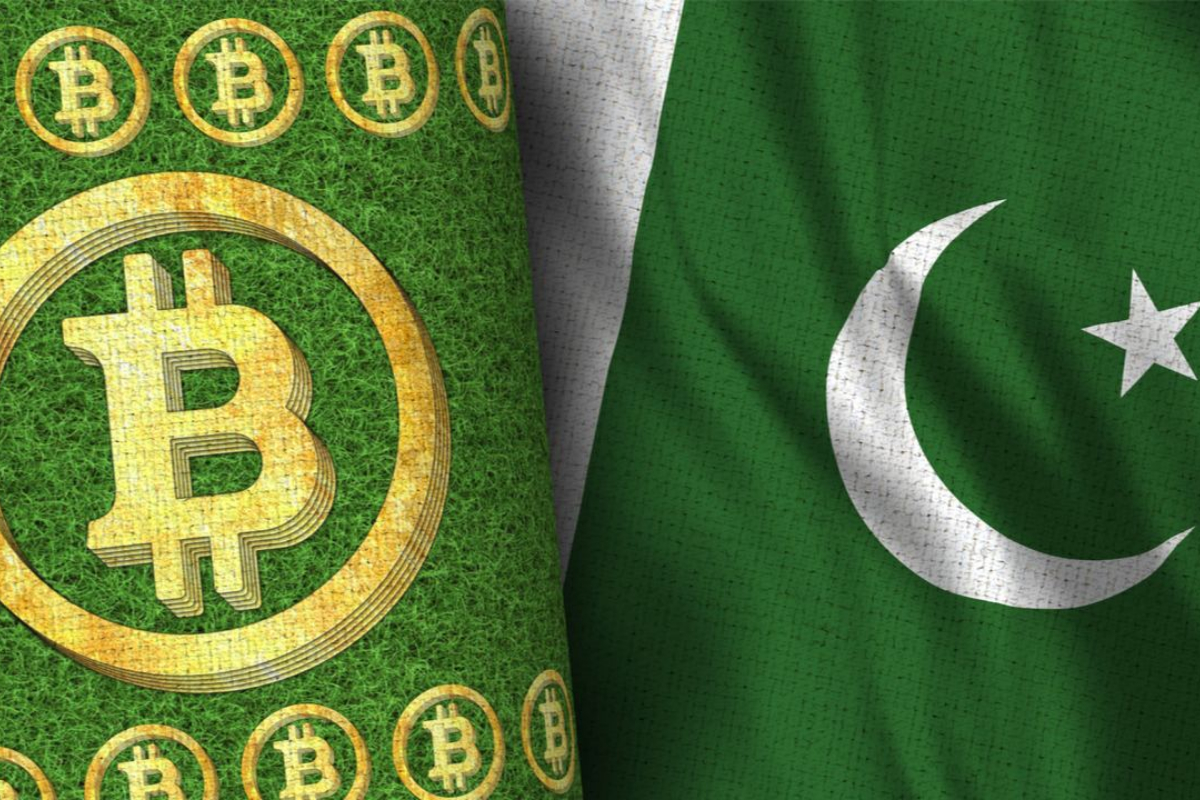The Story
Dr Arshad is a self-made man who launched Hi-Tech Feeds with the financial support of his three university fellows around 35 years ago with the seed money of Rs1 million.
Now, Hi-Tech Feeds is part of the Hi-Tech Group of Companies, a multi-billion-rupee enterprise dealing in a variety of businesses. It has a reasonable local market share, besides exporting one product (fine quality rice) to Saudi Arabia, the United Arab Emirates and the European countries.
The rupee depreciation has increased inflation and put the local industry under severe pressure, as the cost of imported raw materials has increased manifold, said Dr Muhammad Arshad, chief executive officer of Hi-Tech Feeds.
“Over the last six months, there has been an induction of $7 billion to $8 billion in the national exchequer through loans and grants but continuous rupee depreciation, despite stable foreign exchange reserves, is alarming. Our products in the international market have become uncompetitive due to an increase in the input cost,” he said, while talking exclusively to BOL News.
Dr Arshad said that the State Bank of Pakistan (SBP) should intervene and bring stability in the exchange rate, as the prevailing conditions are badly damaging the industry.
The indifferent attitude of the regulator could prove disastrous for the country, he added.
“Autonomy has enhanced the responsibilities of the central bank. The State Bank is not that helpless. There is a difference between independence and an unbridled situation. The local currency cannot be left on the mercy of the speculators. The SBP should intervene to keep the exchange rate at the real level,” he added.
Dr Arshad is a self-made man who launched Hi-Tech Feeds with the financial support of his three university fellows around 35 years ago with the seed money of Rs1 million.
Now, Hi-Tech Feeds is part of the Hi-Tech Group of Companies, a multi-billion-rupee enterprise dealing in a variety of businesses. It has a reasonable local market share, besides exporting one product (fine quality rice) to Saudi Arabia, the United Arab Emirates and the European countries.
Dr Arshad is not only the chief executive officer of Hi-Tech Feeds, Hi-Tech Edible Oils and Hi-Tech Grain Mills, but is also the director of Hi-Tech Poultry Breeders, Hi-Tech Pharmaceuticals, Hi-Tech Poultries and Hi-Tech Farms.
This down to earth and humble man who believes in strictly following the business ethics and giving due attention to the welfare of all employees expressed concern over the alarming increase in import bill and the resultant widening trade deficit.
There is a need to take measures for reducing the input cost of export-oriented industries, diversification of products, value addition and exploring new export destinations.
Having interest in trade politics, Dr Arshad has served as the Lahore Chamber of Commerce and Industry executive committee member, All Pakistan Solvent Extractors Association chairman and the Federation of Pakistan Chambers of Commerce and Industry vice president and regional chairman of its Punjab chapter.
He is on board of the Punjab Procurement and Regulatory Authority (PPRA). He is also part of the syndicate of Cholistan University of Veterinary and Animal Sciences, Bahawalpur.
Following are the excerpts of a rendezvous with him.
What was your first venture? Where do you stand now?
After completing DVM (Doctor of Veterinary Medicine) from the University of Agriculture, Faisalabad in 1976, I joined Abror Acres as assistant sales manager. Two years long affiliation with the world famous company, dealing in poultry products, was a wonderful learning experience that helped a lot in shaping my career. My father disliked the job due to a lot of travelling. On his (my father’s) insistence, I left the company to become a part of the faculty of the University of Agriculture, Faisalabad. I continued teaching Histology for 10 years and later started my own business.
I am a self-made man. We (me and my three friends) set up Hi-Tech Feeds and Poultry with the seed money of Rs1 million in 1986. Now, Hi-Tech Group of Companies is a big empire with an annual turnover of more than Rs30 billion.
The company is carrying out a variety of businesses, including poultry feeds and medicines, commercial broilers farming, rice mills and edible oil extraction. Hi-Tech has provided employment to more than 3,000 people.
Your take on rupee depreciation and possible increase in exports?
It is harmful for the businesses and economy. Rupee depreciation has increased inflation and further enhanced the input cost. High energy tariffs have already enhanced the cost of doing business. Industries relying on imported raw materials now need to bear additional expenses, while our products are not competitive in the international market due to increase in the input cost.
The dollar appreciation has enhanced the landing cost of raw materials and industrial machinery, which constitute 70 per cent to 80 per cent of imports.
The State Bank of Pakistan should intervene to bring stability in the volatile exchange rate, as any further delay could prove disastrous for the country.
It is a misperception that the rupee depreciation has played any role in increasing exports. Local raw materials production has largely contributed to the increase in exports. For instance, cotton production has increased 81 per cent that helped in enhancing the textile exports.
The same is the case with the rice crop. We have 11.5 million tonnes of rice stocks. An increase in the rice exports will be due to more production and not rupee depreciation.
How do you see interest rate hike?
An increase in the mark-up rate has enhanced the borrowing cost of businesses. Now it is more difficult for the Small and Medium Enterprises and the cottage industry to manage their businesses.
There are reports of further increase in the mark-up rates in the coming months. In that case, the ratio of bank defaults will increase manifold, which is not in the interests of the government and entrepreneurs. Instead of increasing the mark-up rate, the central bank should do the contrary to provide some breathing space to the cash-strapped enterprises.
Your views on the use of technology in agriculture?
I have been dealing with poultry-related products for many years. As a stakeholder with relevant education, I support the use of technology for improving yield and quality of agricultural products.
For instance, around 70 per cent to 80 per cent of maize produced in the country is used in poultry feed. Any genetic modification that can provide disease-free and quality maize would be good for the poultry feed production. There is a need to initiate a debate among scientists, regulators and stakeholders for removing misconceptions about genetically modified seeds, if any.
Many developed countries have accepted this technology due to a number of benefits and we should do the same.
What do you suggest to improve the business environment in the country?
The environment is not good both for the new entrants and the existing players. Uncertainty, bureaucratic hurdles, multiple taxes and high input cost have affected the businesses. At present, the government’s priority is large-scale manufacturing and that too only the textile sector.
There is a need to provide a one-window facility and tax exemptions to new entrants. Controlling inflation, reducing input cost, especially decrease in the energy tariffs, harmonising the taxation system and curbing the rupee depreciation are necessary for a conducive business atmosphere.
What is the future outlook of the overall business environment in Pakistan?
I am not optimistic unless the government takes concrete measures for providing a conducive business atmosphere. The cost of production has increased considerably due to high prices of imported raw materials and the rise in energy tariff. Unstable exchange rate and inflation are big challenges. The government should take steps to resolve these problems. Moreover, the government should also give due attention to agriculture, engineering, services and IT sectors. There is a need to boost Small and Medium Enterprises (SMEs) and the cottage industry, which are the backbones of any economy.
Your personal achievements?
I tried my level best to give the best education and highest exposure to my children. My elder son Javaid Arshad is a graduate of McGill University Montreal, Canada. Junaid Arshad has done masters in marketing from Imperial College London, United Kingdom. I have tried to enable my children, who are supporting me in my business, to become self-made men just like me.
Why did you join business politics?
I entered business politics on the advice of my friends. Politics is a good source of frequent meetings with fellow businessmen and regular interaction with the policymakers and executors. Now, my politics is aimed at playing the role of a bridge between the business community and policymakers and executors.

